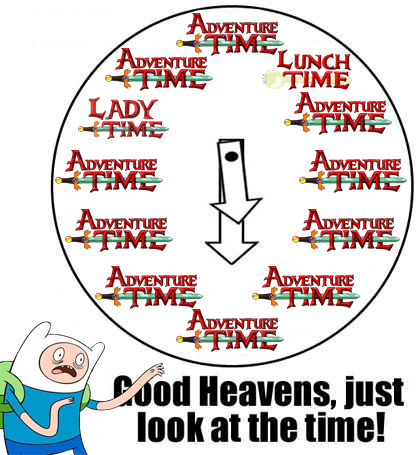Boy did this week fly-by. And this week we have the letter J to. J can be a toughie, not much to do with the letter J. One thing we can do, however, is take an interesting journey into a look at the god Jehova. Yes Jehova, the God of the Jewish People, God the Father, Lord of Hosts, the King of Kings, El-Shaddai, The Name. Believe it or not, he has a very big role to play within modern Paganism!
Judaism, alongside the Greek Mysteries and the Egyptian Mysteries, formed a huge part of the magical and spiritual atmosphere in Late Antiquity, especially in Alexandrian/Greco-Egyptian culture. Putting aside the first of the Ten Commandments, Jehova was worshiped alongside many Deities in Alexandria. One place we can see this is in the Greek version of the Tetragammaton, the Four-Letter Name of God, YHVH (Yahweh, the Latin being Iehova, which became Jehova in English), which is IAO. Iao is the name of an Archon within Gnosticism. Gnosticism, by the way, was not a Christian tradition only, there were many Pagan Gnostics. The Greek IAO appeared in magical workings after Late Antiquity, and can even be found within the Thelemic Gnostic Mass.
IÔ IÔ IÔ IAÔ SABAÔ
KURIE ABRASAX KURIE MEITHRAS KURIE PHALLE .
IÔ PAN, IÔ PAN PAN IÔ ISKHUROS, IÔ ATHANATOS IÔ ABROTOS IÔ IAÔ.
KHAIRE PHALLE KHAIRE PAMPHAGE KHAIRE PANGENETÔR.
HAGIOS, HAGIOS, HAGIOS IAÔ.
Invocation at the Opening of the Veil
The next major influence of Jehova upon modern Paganism is within Neo-Druidry. Back in the early days of the Neo-Druid movement, it was assumed that Druid worshipped one God, who was symbolized as the Sun, a carry over of Christian monotheism. Keeping close to the Church was important within Neo-Druidry until the 1800's, when it began to include Nature Veneration, Ancestor Veneration, Reincarnation, and the like into its practices.
In fact, a lot of the Occult moved away from the Church during the 1800's. There was a general interest in the cults of the Old Gods, as well as Eastern influences, especially Buddhism (modern Paganism actually shares a very interesting relationship with Buddhism). This was the time of Crowley and his revelation from Ra-Hoor, and around the time of Dion Fortune's famous saying "all Gods are one God, all Goddesses are one Goddess, and there is but one Initiator."
However, even afterwards we are influenced by Jehova, and that is by no means a bad thing either. Gerald Gardner wrote that much like how Jehova was the patron God of the Jews, the Lord and Lady were patrons of the Wica (you see, the Lord and Lady were originally not conceived as universals, but Deities that watched over a specific group). Tribal tutelary Deities are a part of some Neopagan Theologies, especially more folkish ones, in which the comparison is still made.
However, one major influence Jehova has, is the fear of some Neopagans have over the Sky Father. Earth Mother, Moon Goddess, Green Man, Horned God, but no Sky Father. The closest some get is a Sun God (and note, again I am not talking about Pagan Reconstructionists with that). Part of this comes from Second Wave Feminism and its antipathy (and rightly so) towards Patriarchy, and another part from the want to distance oneself from Abrahamic religion. What I think some people forget in that aspect is that not every Sky God is Jehova, even if the Romans equated Jupiter with him (and if you look in the art, I think the reverse happened after the empire became Christian). Also, Jehova wasn't the only violent Deity in history. Krishna in the Bhagavad Gita uses warfare as a teaching mechanism to Arjuna, and warfare appears in Celtic mythology to.
I include this picture as an interesting relic. Parts of this altarpiece line up
with the Kabbalah
I feel that, if we as Pagans, want to begin entering Interfaith groups and movements, I think we need to re-evaluate the influences other religions had upon our own history, as well as giving the Deities within these traditions the same respect we expect. We might not agree with Judaism and Christianity, and we might live in a society where Christian Privilege is omnipresent where challenging said privilege is necessary, but we need to begin to see the inter-connectivity we all share.




No comments:
Post a Comment